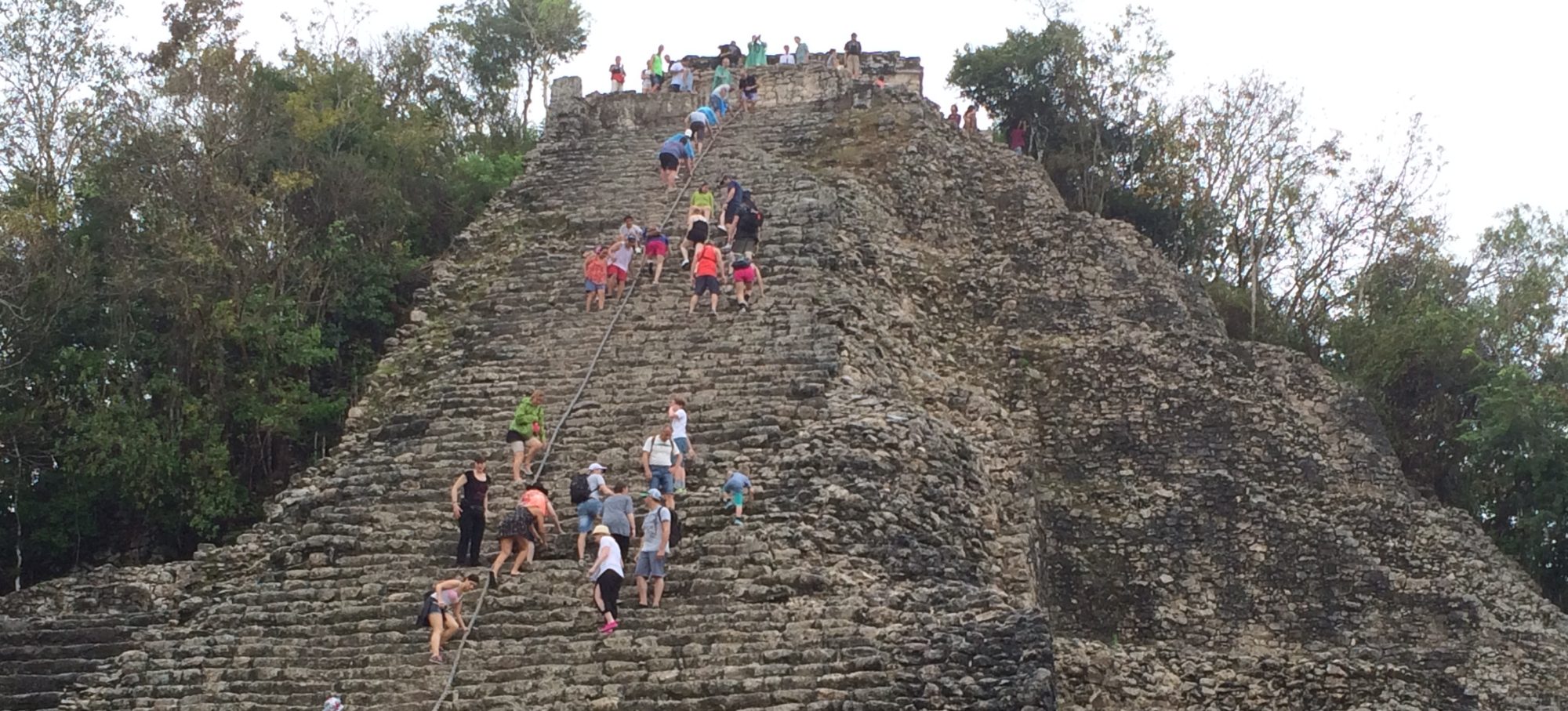Dr. Marcello Canuto: “Taking the High Ground: Lowland Maya Settlement Patterns as Seen through LIDAR.”
Settlement research in the Maya lowlands has struggled to reconcile its goals to model a tropical forest civilization in ecological terms with the logistical constraints imposed by the forest itself. Methodological challenges facing settlement research in this tropical lowland setting limited researchers’ confidence in the representativeness of their data. Using lidar-derived settlement and topographic data from the Corona-Achiotal region of northwestern Guatemala, Dr. Canuto presented a settlement suitability model that reveals patterns in the distribution of archaeological remains vis-à-vis landforms. Applying this model to a much larger published settlement data set, we can see how widely applicable this pattern is throughout the Maya Lowlands and explain how differences in the distribution of settlement, such as crowding in certain areas, are a function of “urbanization”.
Marcello A. Canuto is currently Director of the Middle American Research Institute and Professor of Anthropology at Tulane University. He received his BA from Harvard University in 1991 and his PhD from the University of Pennsylvania in 2002. Before coming to Tulane in 2009, he was an Assistant Professor at Yale University.
Dr. Canuto has undertaken archaeological excavations in the Maya region, South America, India, North Africa, and the northeast US. His research has focused on ancient household and community dynamics, the development of socio-political complexity in ancient societies, the definition of identity through material culture, and the modern social contexts of archaeology. His primary research interest has been the Maya area where he currently co-directs an archaeological project at the site of La Corona in the Peten jungle of northern Guatemala. Most recently he has begun to use of new remote-sensing technologies, such as LIDAR, to study the wide-ranging and intricate integrative mechanisms that the ancient Maya used to build and maintain a socio-politically complex society throughout over a thousand years of history.

